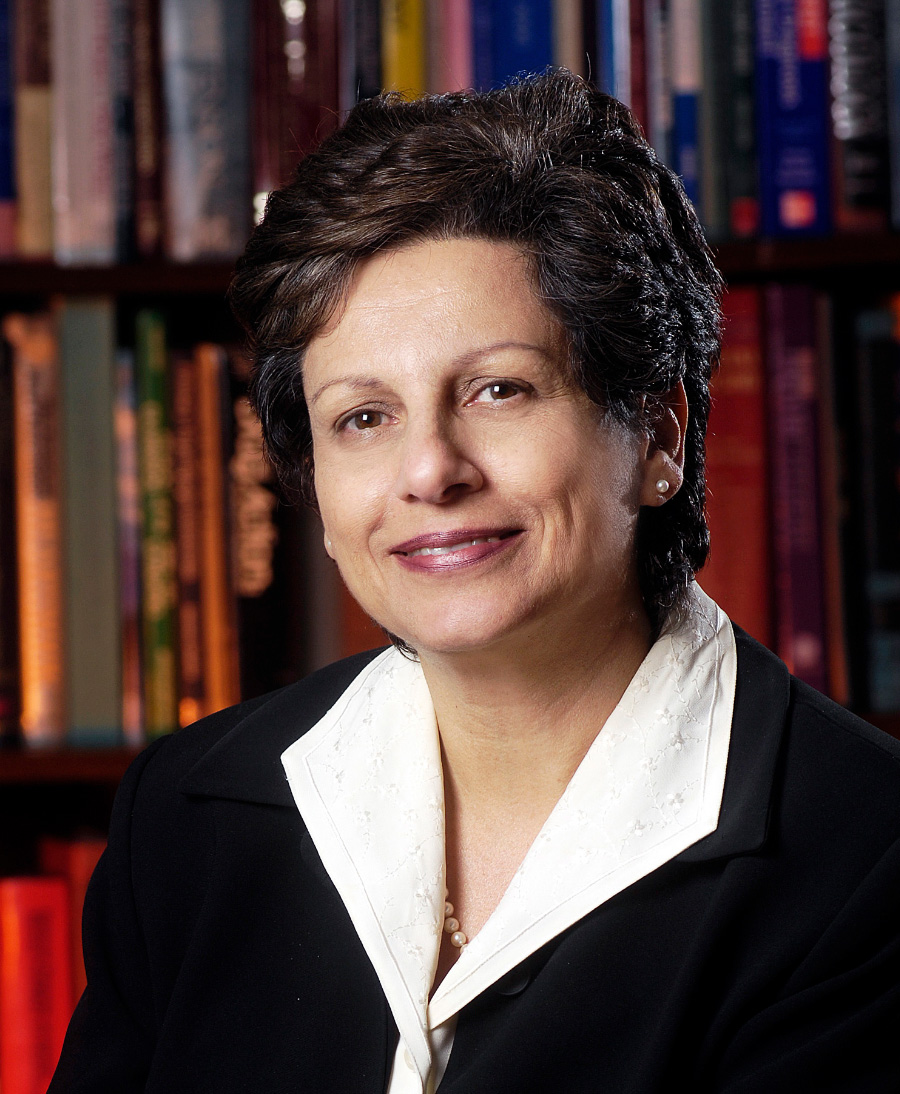 The position was created following a report by a task force that spent months analyzing diversity and inclusion in the School of Medicine and comparing UAB to other medical schools. The task force, created by former interim Senior Vice President for Medicine and Dean Anupam Agarwal, M.D. and co-led by Isabel Scarinci, Ph.D., MPH and Tina Simpson, M.D., MPH, showed the percentage of underrepresented racial and ethnic minority faculty in the School of Medicine is comparable to peer institutions and among the 75th percentile of medical schools in the country.
The position was created following a report by a task force that spent months analyzing diversity and inclusion in the School of Medicine and comparing UAB to other medical schools. The task force, created by former interim Senior Vice President for Medicine and Dean Anupam Agarwal, M.D. and co-led by Isabel Scarinci, Ph.D., MPH and Tina Simpson, M.D., MPH, showed the percentage of underrepresented racial and ethnic minority faculty in the School of Medicine is comparable to peer institutions and among the 75th percentile of medical schools in the country.However, the report showed room for improvement, especially among senior-level faculty and leadership. The report specifically recommended the creation of a senior associate dean position, which dovetails with the strategic vision of current Senior Vice President for Medicine and Dean of the School of Medicine Selwyn M. Vickers, M.D.
“Diversity is vital to excellence,” Vickers says. “In order to attract the best people to an organization, and to have the best ideas within an organization rise to the top, an environment must exist that is inclusive and diverse. The goal is not a number, but a culture of acceptance. We owe it to our students, our faculty and our patients to create, sustain and nurture the most diverse, inclusive School of Medicine possible. Dr. Fouad was the obvious choice to lead us toward these goals.”
Fouad has a strong track record of building that culture, at UAB, in the Greater Birmingham Region and throughout the Southeast. Her minority health and health disparities research, sponsored by the National Institutes of Health, stretches the impact of her work around the world. Her current NIH funding is more than $50 million. She has played key roles in increasing access to health care and decreasing health disparities among racial and ethnic minorities, and she has long been a champion for increasing diversity among scientists and healthcare professionals through pipeline programs and mentoring countless women and minorities. She recently received the Woman of Impact Award from MOMENTUM, a women’s leadership program in Alabama.
“I am extremely honored to accept this new position,” Fouad says. “Diversity and inclusion are areas I am passionate about. UAB has tremendous potential to be a national leader, and we will take a comprehensive, systematic approach to accomplishing our goals.”
Fouad’s immediate focus in her new position will be on creating an environment of inclusion and increasing diversity among the faculty, especially senior faculty who can serve as role models and mentors for younger faculty, residents and students. She will also coordinate with current student diversity efforts. She will continue to direct the Division of Preventive Medicine in the Department of Medicine and the Minority Health and Health Disparities Research Center.
“I will be working with department chairs and individual faculty to determine their needs for career development, success and retention,” Fouad says. “I will also work with the leadership of the School of Medicine to determine how we can recruit a more diverse workforce. We also need to show the world that we are an inclusive environment.”
In addressing the senior diversity position, the task force on diversity and inclusion employed qualities outlined by the Association of American Medical Colleges for a Chief Diversity Officer, says task force co-leader Simpson. Those qualities include “strategic vision and executive acumen, change management expertise and will, political savvy, persuasive communication abilities, the ability to navigate the culture of academic medicine, the ability to innovate and generate new ideas and approaches to leading change, and cultural intelligence and technical mastery of diversity and inclusion strategy in academic medicine.”
“Dr. Fouad clearly embodies all of these qualities,” Simpson says. “With her leadership, the School of Medicine will be an exemplary center of excellence for a diverse and inclusive environment for faculty, students and the community.”
“We need somebody who really understands all the perspectives – research, teaching and service to promote diversity among faculty, students and staff,” Scarinci says. “The recommendation of being a senior associate dean was very important. We need someone who will be respected, has a track record and has credibility, such as Dr. Fouad.”
The report is based on data from the AAMC, literature reviews, a faculty survey and interviews with department chairs and faculty who have come to UAB in the past three years and those who have left in the same time period.
Fouad came to UAB in 1991 as an instructor in the Department of Medicine. In 2002 she was founding director of the MHRC, in 2005 she became a full professor and in 2009 became director of Preventive Medicine. From 2003 to 2013, she was co-leader of the Cancer Control and Population Studies Program in the UAB Comprehensive Cancer Center and is currently senior advisor to the Cancer Center director. She is also a member of the Diabetes Research and Training Center, the Nutrition Obesity Research Center, the Center for Outcomes and Effectiveness Research and Education, the Comprehensive Center for Health Aging and the Center for the Study of Community Health. In 2005 she was named the inaugural chair of the Commission on the Status of Women at UAB, a position she held until 2008.
